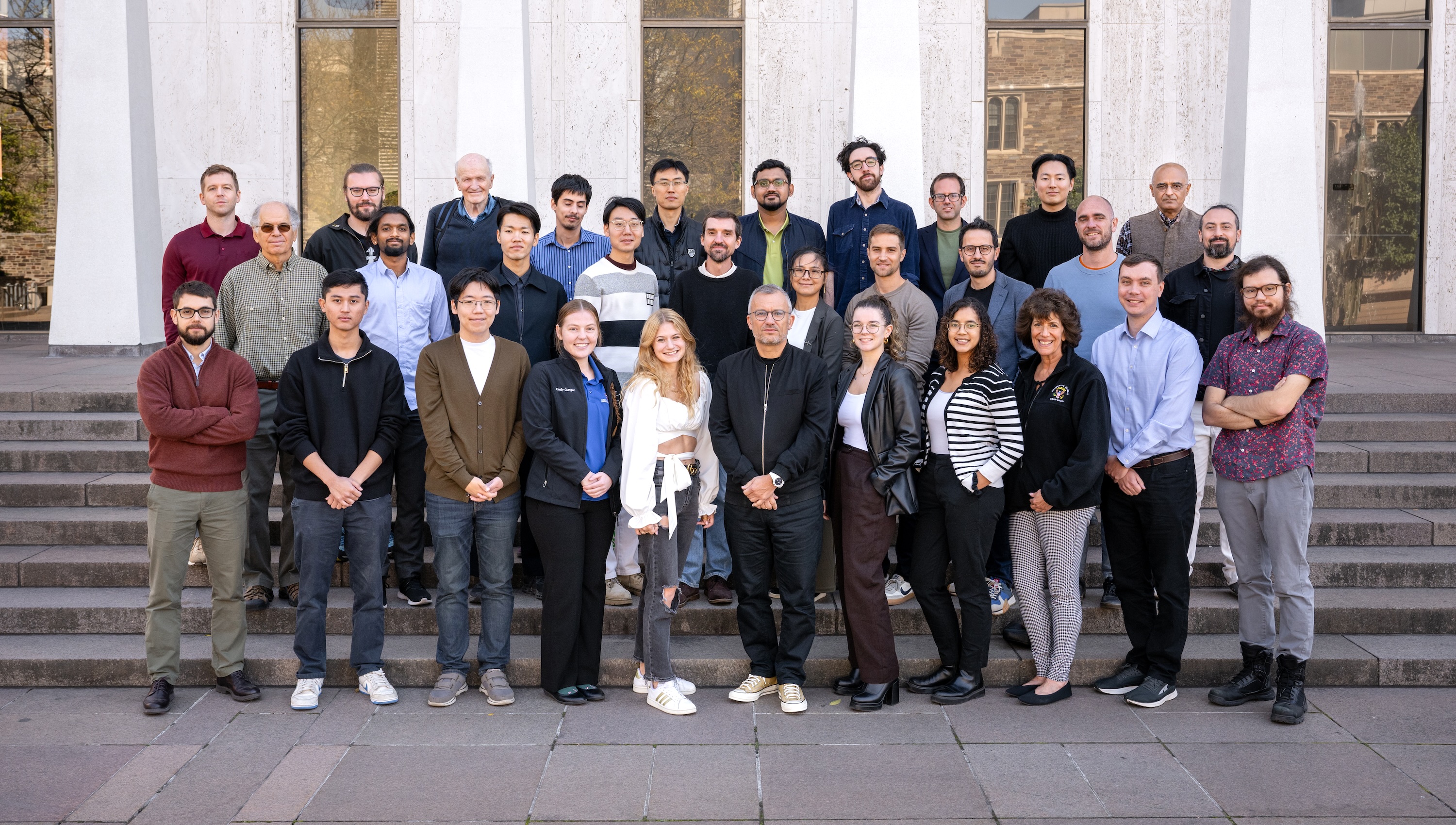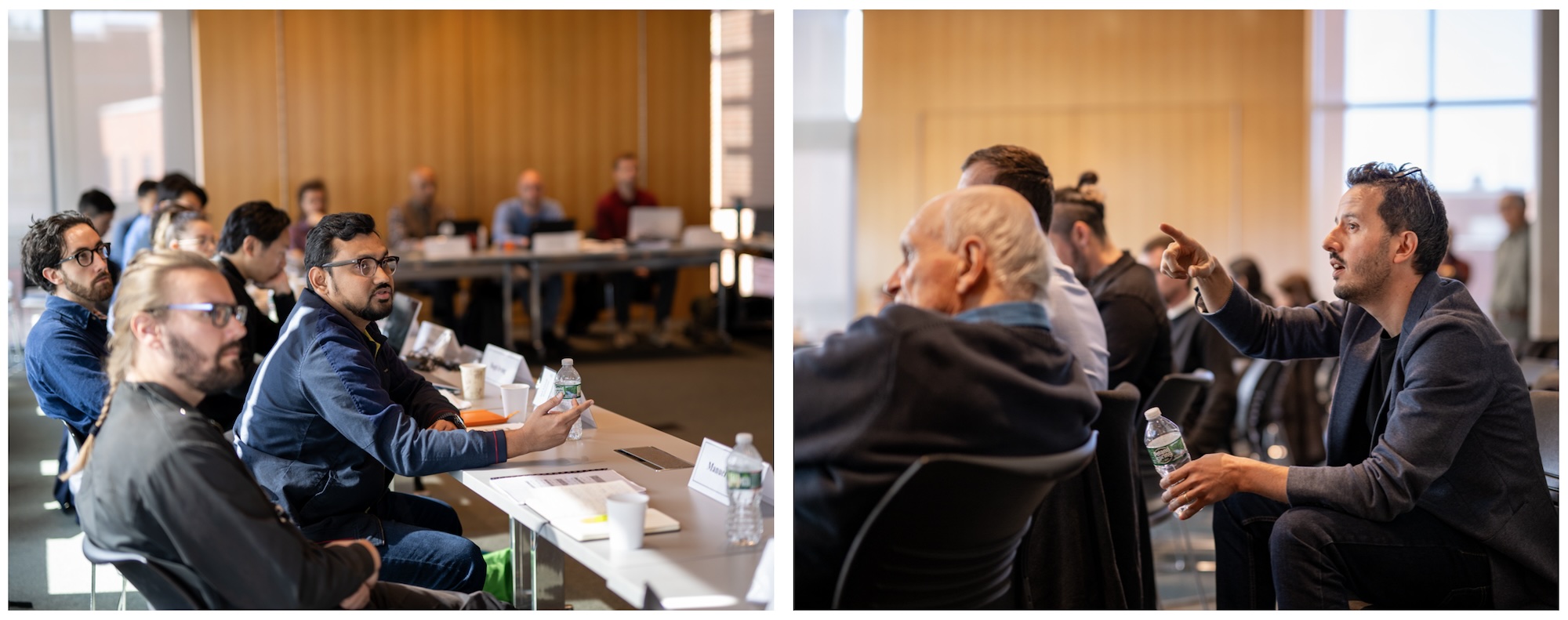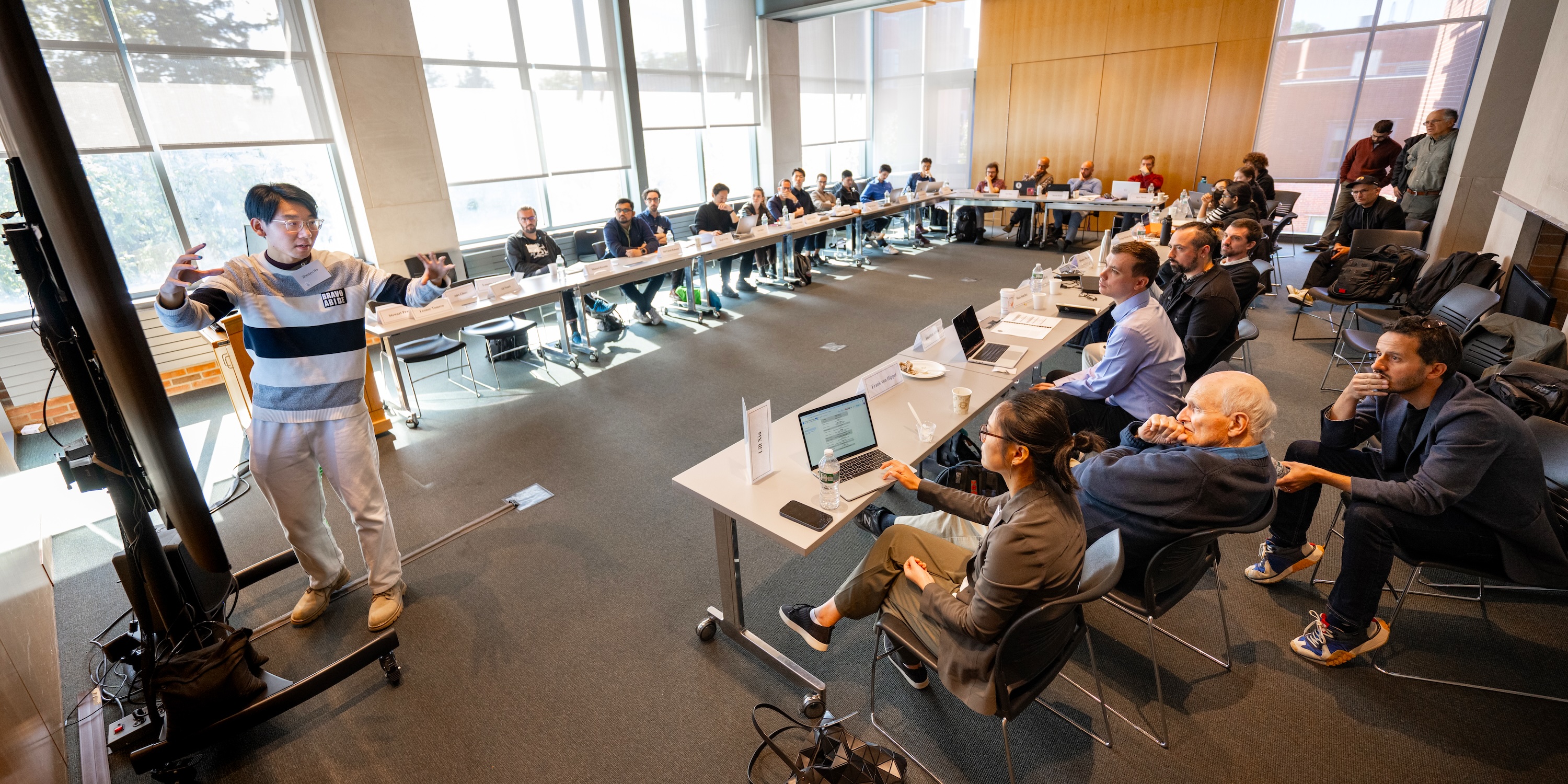The Program on Science and Global Security (SGS) hosted the 2024 Princeton School on Science and Global Security from 10–16 October 2024. The School aims to train next-generation scientists and engineers from around the world in technical perspectives on understanding, reducing and ending the threat from nuclear weapons. It traces its history back to the International School on Science and World Affairs jointly organized in 1989 by the forerunner of SGS and the Moscow Institute of Physics and Technology.
The 2024 School included twenty-two student participants from twelve countries, all of whom presented their work. There also were overview talks by 15 established nuclear weapon science and policy researchers.
The presentations covered a diverse array of topics, including nuclear weapons arsenals, modernization, and policies in the United States, Russia, and China; nuclear weapon effects and nuclear war impacts; nuclear material and radiological contamination detection and monitoring, including the possible use of AI and robotics; nuclear weapon verification science; the safety of nuclear reactors in war zones and accidents at nuclear weapon facility accidents, nuclear weapons and reactors in space; disarmament education, and the role of physicists in nuclear policy processes.

The 2024 School included a special one-time performance of Talking About the Fire by UK playwright Chris Thorpe, a conversation about nuclear weapons, their dangers, and disarmament.
The School also held one session in the Bernstein Gallery at Robertson Hall, home of the Princeton School of Public and International Affairs. The gallery was hosting a special five-week SGS-organized exhibition Close Encounters: Facing the Bomb in a New Nuclear Age.
Emily Gunger, a second-year PhD student in Nuclear Engineering at University of Florida said “this school has been invaluable. The information presented during the school was eye-opening and emphasized the value of scientists and their work. This opportunity has been a great learning experience and I encourage people to be a part of SGS.”
For Alexandra Bodrova, a fourth-year PhD student at Princeton, “attending the SGS school was a transformative experience. The program offered comprehensive overviews and in-depth insights across technical and policy disciplines, making this complex issue clear and accessible. Connecting with dedicated experts inspired me to engage more deeply and approach my research from a humanitarian perspective.”
Valentin Fondement a postdoctoral researcher at the University of Michigan observed that “alongside discussions about policy and techniques, the SGS served as an important reminder that science is performed by people for people, and that humans need to be accounted for and included in decision-making processes. This week emphasized how crucial this consideration is and how we can take everyone into account while solving technical challenges.”

Hugh Irving, who is pursuing a PhD at University College Dublin in Ireland, said “As a returning participant in the school, the expansion of the program both in terms of numbers of participants and the breadth of topics covered, is very encouraging. It gives a real sense that the field of scientific research applied to nuclear weapons issues is gaining in momentum. Many of the participants seem to have left with a new appreciation for how their work can have increased political and social impact, as I did last year.”
Andrew Fishberg a PhD student at MIT reported that “As a technical PhD student, SGS helped me understand the distinct challenges facing the nuclear security and policy communities. Those who understand both the science and the policy are uniquely equipped to tackle some of the hardest problems in the world today.”
